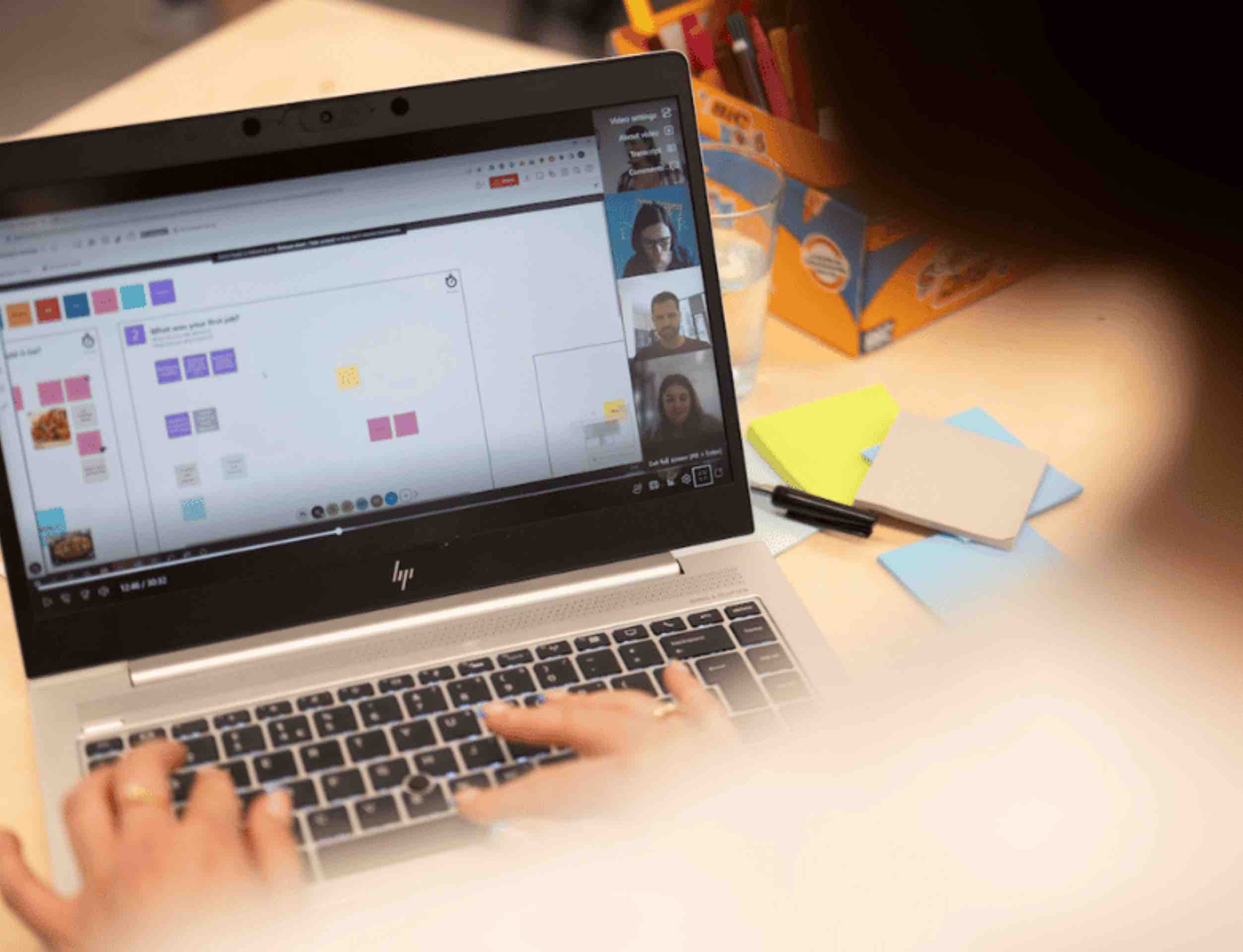One theme which runs throughout our 2030 digital strategy is that “we will find ways for people to develop digital skills quickly and apply them to real working situations”. We know that in order to deliver our vision of becoming ‘the most accessible and connected university destination for any user’, we must ensure we have the capabilities in place to do so. Katie Steen and Dave Weller are our Digital Skills Leads in the Digital team at the University of Exeter, focusing on finding these ways for our University community to develop their digital skills.
This is the first blog post in a series centred around digital skills at the University of Exeter, defining what we really mean by ‘digital skills’.
What are digital skills?
As Digital Skills Leads, it’s the question we’re asked the most.
It’s understandable – our remit is to digitally upskill all staff, students, and the wider community of the University. Since we came into post in August 2023, we’ve engaged with 150+ colleagues and almost everyone has asked us to define ‘digital skills’.
Let’s take a look.
Defining digital skills
The definition changes depending on who you ask.
Some institutions, like the Department for Education, jump straight to giving a framework and list of skills and miss giving an overarching definition.
Others, like UNESCO, say that digital skills are ‘the ability to use digital technologies in various ways, such as accessing information, creating content, collaborating online, and developing software’. They then continue to categorise these within a framework.
Neither of these feels like a particularly accessible definition.
So instead, we’re working with a definition created by JISC, an organisation that works with higher education institutions. JISC defines digital skills as “those which equip someone to live, learn and work in a digital society”.
Why are digital skills important for individuals?
When people ask us to define digital skills, I believe they’re also trying to understand how relevant digital skills are for them. With digital tools reaching into every aspect of our society, better digital skills can improve our quality of life. They can:
- Improve employability by boosting skills and becoming more competitive.
- Improve communication and collaboration with individuals and groups worldwide.
- Improve creativity by enabling experimentation with new tools and technologies.
- Help navigate daily life by making regular tasks like shopping and banking easier.
- Improve security by being aware of scams and other risks
- Improve wellbeing by reducing stress and enhancing social connections.
- Support lifelong learning and reduce the technological gap between generations.
Why are digital skills important for an institution?
Our 2030 Digital Strategy aims to make the University of Exeter ‘the most accessible and connected university destination for any user’.
There are three aspects to any digital transformation: people, processes and infrastructure.
We can upgrade infrastructure and improve processes, but without upskilling, our digital transformation will remain incomplete. By bringing people with us on our digital journey, the university can unlock a huge number of benefits, from improved engagement scores to enhanced productivity and creativity.
If people are the heart of an organisation, then upskilling is the heart of digital transformation.
Stay tuned to learn how we’re helping staff and students digitally upskill, and how digital skills power digital transformation.
What resources are available to me now?
The Digital Hub already has lots of helpful content available to the University community to help you to digitally upskill in a range of digital tools. Access the Digital Hub online for useful written and video guides on all things digital, and even book a session with an expert or visit us in-person for further guidance.
We also have lots of sessions already available to us on LearnUpon, including:
- Agile ABC’s – What is Agile and how can I use it?
- Data Visualisation – How to effectively communicate with your data.
- An Introduction to User Research – Improve your understanding of user needs and enhancing the user experience.
- An Introduction to Mural – A training session on Mural, an online collaborative whiteboard tool.
– Written by David Weller, Digital Skills Lead
Take a look at our 2030 digital strategy here, and get in touch if you want to learn more.

